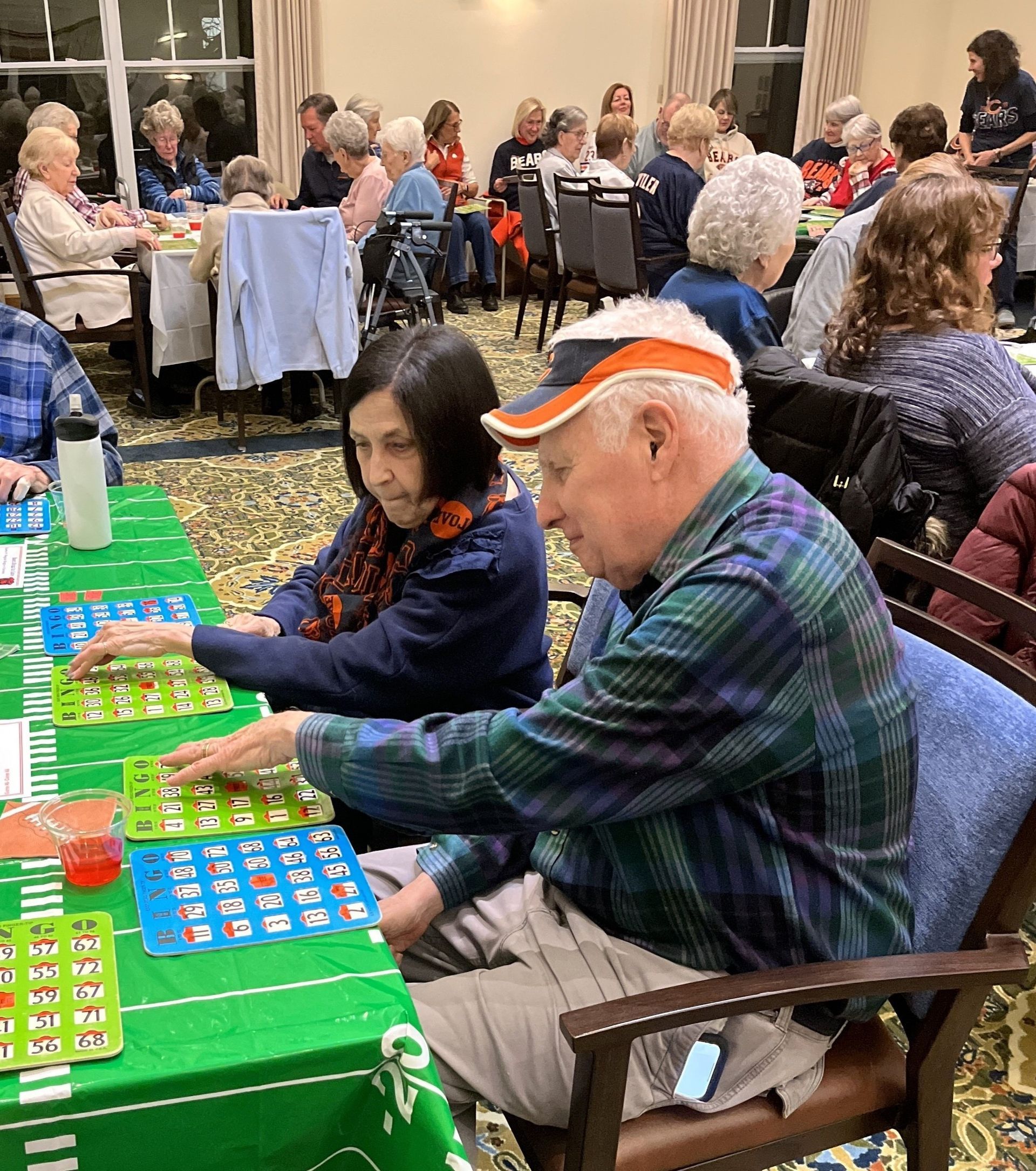How to Prevent Scams that Target Older Adults

According to the U.S. Government Accountability Office (GAO), financial fraud targeting seniors is a growing epidemic that costs older adults over $3 billion each year. As stunning as the figure is, it likely undercountsthe total annual damage as seniors are less likely to report scams—either because they are unaware that they’ve been a victim or are too embarrassed to file a complaint.
Criminals will often gain their targets’ trust by reaching out directly via computer, phone or traditional mail. According to the FBI , the most common elder fraud schemes include:
- Romance scam: Criminals pose as interested romantic partners on social media or dating websites to capitalize on their elderly victims’ desire to find companions.
- Tech support scam: Criminals pose as technology support representatives and offer to fix non-existent computer issues. The scammers gain remote access to victims’ devices and sensitive information.
- Grandparent scam: Criminals pose as a relative—usually a child or grandchild—claiming to be in immediate financial need.
- Government impersonation scam: Criminals pose as government employees and threaten to arrest or prosecute victims unless they agree to provide funds or other payments.
- Sweepstakes/charity/lottery scam: Criminals claim to work for legitimate charitable organizations to gain victims’ trust. Or they claim their targets have won a foreign lottery or sweepstake, which they can collect for a “fee.”
- Home repair scam: Criminals appear in person and charge homeowners in advance for home improvement services that they never provide.
- TV/radio scam: Criminals target potential victims using illegitimate advertisements about legitimate services, such as reverse mortgages or credit repair.
- Family/caregiver scam: Relatives or acquaintances of the elderly victims take advantage of them or otherwise get their money.
All of the above methods require gaining the confidence of the victim, so the best defense is to recognize the warning signs as early as possible and to end the communication.
Seniors especially should resist the pressure to act quickly, as scammers can create a false sense of urgency to lure victims into immediate action.
Consumer Reports recommends following these 4 steps to avoid senior-related fraud:
- If you receive a suspicious phone call or online inquiry, ask the representative for their full name, title and role within their claimed organization. Then, promptly end the conversation and contact the organization directly after looking up the business listing from a separate, trusted source.
- Never give out any personally identifiable information or financial information (credit cards, bank account numbers, or checking accounts) to unverified sources.
- Make sure that your computer, tablet and mobile devices are installed with up-to-date anti-virus and security software protection. Equally important is creating unique passwords, updating them frequently, and never clicking on a link, attachment or pop-up from an unknown source.
- Immediately call the authorities if you think you have been scammed or if you feel there is real danger to you or a loved one.
The types of fraud that criminals use to target seniors are constantly evolving, so it’s important to always stay educated and skeptical of anything that seems suspicious. Just as the old saying goes, “If it sounds too good to be true, it probably is.”
For more information about Chestnut Square’s vibrant senior living community, please visit www.ChestnutSquare.info












